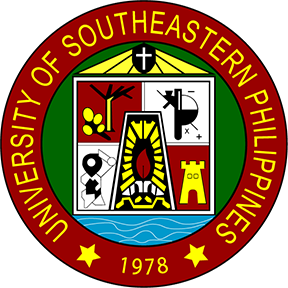This course on Electronics Devices and Circuits aims to provide students with a comprehensive understanding of electronic components and their applications while emphasizing their crucial role in contributing to sustainable development. Through hands-on learning and theoretical concepts, students will gain insights into various electronic devices, diode and transistor characteristics and models (BJT and FET), diode circuit analysis, transistor biasing, small and large signal analysis, transistor amplifiers, Boolean logic, and transistor switches.
- The course introduces students to quantum mechanics of solid-state electronics, promoting innovation and resilient infrastructure development in pursuit of sustainable industrialization.
- The course offers quality education by empowering students with skills and knowledge to drive technological advancements and sustainable practices in the electronics industry.
- Understanding diode and transistor characteristics and applications contributes to the development of energy-efficient electronic devices, supporting access to affordable and clean energy sources.
- Proficiency in electronics devices and circuits fosters economic growth and creates opportunities for decent work in the electronics sector.
This course on Electronics Devices and Circuits aims to provide students with a comprehensive understanding of electronic components and their applications while emphasizing their crucial role in contributing to sustainable development. Through hands-on learning and theoretical concepts, students will gain insights into various electronic devices, diode and transistor characteristics and models (BJT and FET), diode circuit analysis, transistor biasing, small and large signal analysis, transistor amplifiers, Boolean logic, and transistor switches.
- The course introduces students to quantum mechanics of solid-state electronics, promoting innovation and resilient infrastructure development in pursuit of sustainable industrialization.
- The course offers quality education by empowering students with skills and knowledge to drive technological advancements and sustainable practices in the electronics industry.
- Understanding diode and transistor characteristics and applications contributes to the development of energy-efficient electronic devices, supporting access to affordable and clean energy sources.
- Proficiency in electronics devices and circuits fosters economic growth and creates opportunities for decent work in the electronics sector.
The course introduces different methods of data collection and the suitability of using particular methods for a given situation. It includes a coverage and discussion of the relationship of probability to statistics, probability distributions of random variables and their uses, linear functions of random variables within the context of their application to data analysis and inference, estimation techniques for unknown parameters, and hypothesis testing used in making inferences from sample to population, inference for future values of key variables under study. Finally, statistically based experimental design techniques and analysis of outcomes of experiments are discussed with the aid of statistical software.
